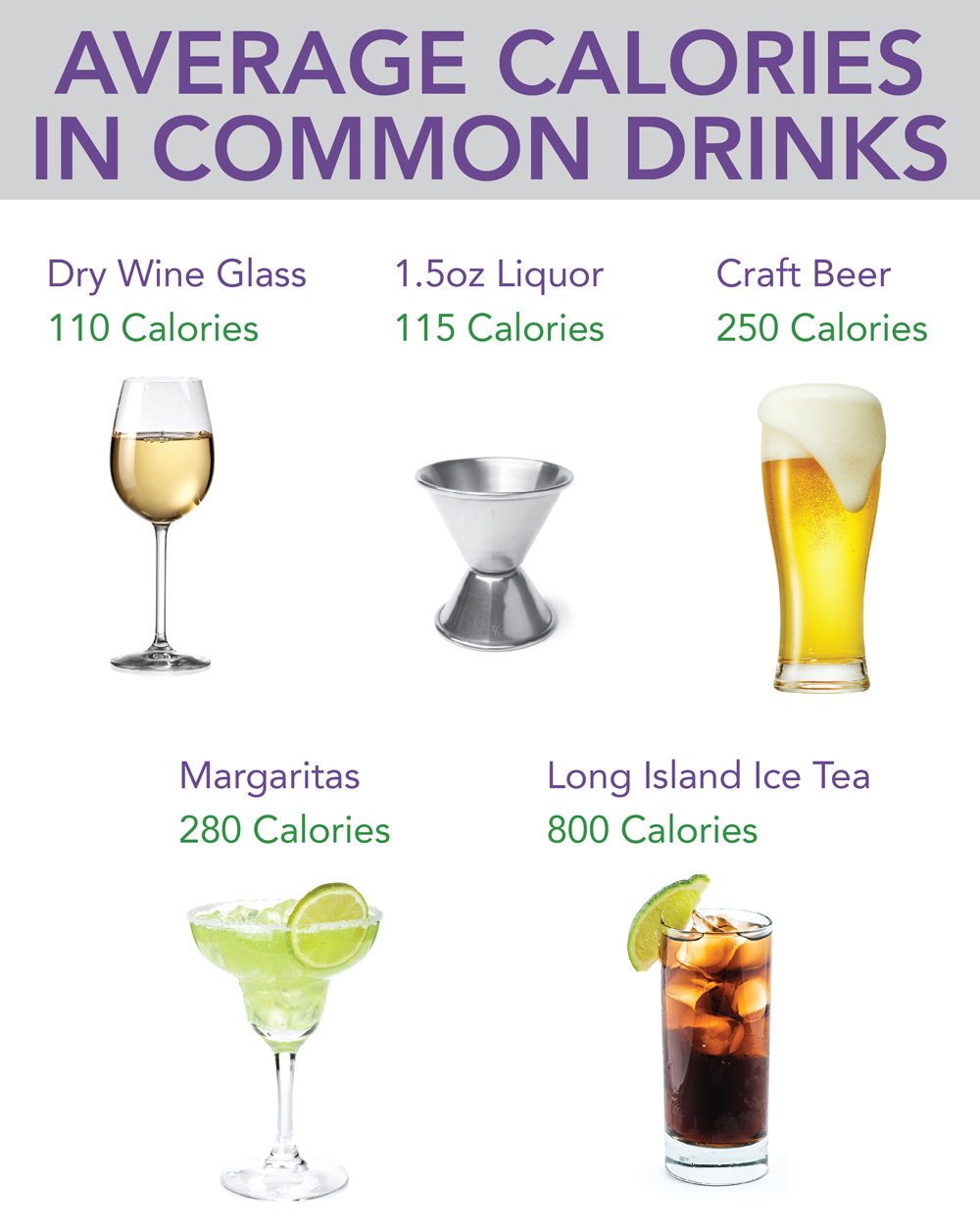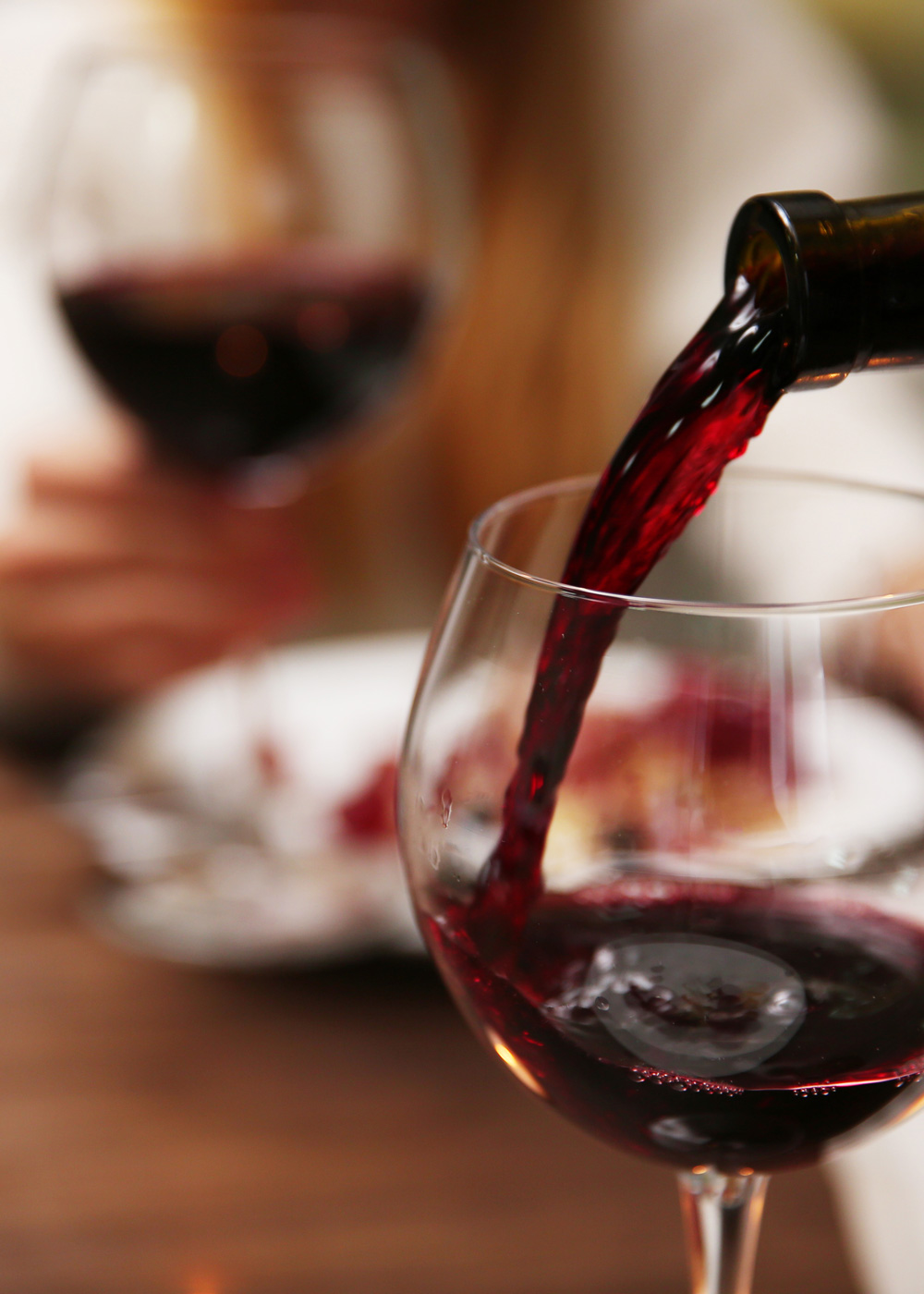Introduction
How can a love of wine be balanced with a healthy lifestyle and maintaining a moderate weight? Alcohol contains calories, and needs to be considered in one’s diet. In this article, we will consider the role of wine in a healthy, balanced diet, how it compares with other alcohols, its potential health benefits and tips for staying trim – all while indulging in our favorite beverage.
Wine vs Other Alcohol
Dry wine contains fewer calories than most other alcoholic beverages. A pint of craft beer, for example, can weigh in at about 250 calories, versus a glass of dry wine at about 110. Cocktails can be more difficult to manage, as hard liquor has a high calorie count by itself – about 115 calories in a tiny 1.5 oz serving. When combined with sugary mixers, cocktails can rival fast food for pure concentration of calories. A Margarita can have about 280 calories, and a Long Island Iced Tea can contain up to 800 calories per serving! That’s equivalent to a burger and fries with just one glass. Wine is therefore a relatively light beverage, which is excellent, because it’s also one of the most delicious! White wines are slightly lower in calories than reds, but the difference is small. If you’re watching your calories, stick with dry wines, which have little to no sugar content.

Health Benefits of Wine
Wine – particularly red wine – contains an antioxidant called “resveratrol,” which is being studied for its effectiveness in promoting weight loss. A 2015 study by Washington State University suggests a glass of wine in the evening might help convert white fat into beige fat, which is more easily burned.
Other possible health benefits of resveratrol include:
- Slowing the spread of cancer
- Reducing the risk of heart disease
- Helping to prevent Alzheimer’s
- Guarding against diabetes
- Minimizing the negative effects of aging
Additional Tips
Here are a few other ideas that might help you stay fit while continuing to pursue your love of wine.
Drink Water.
Having a glass of water for each glass of wine helps keep the body hydrated, promotes overall health, and helps regulate consumption.
Have food with your wine.
If you have wine by itself, you’ll experience a spike in your blood sugar followed by a sharp drop later, which will make you ravenous. Eating before and during wine consumption will slow the absorption of alcohol and keep you from getting the “munchies” later. Try to find healthy foods to pair with your wine. High-fiber dishes will make you feel full for longer periods of time. It’s easier to make good choices early in the evening, rather than waiting until late at night, when you might be more tempted by high calorie options.
Drink consistently, not all at once.
It’s better to have a glass of wine per night than to abstain all week and binge on the weekend. The potential health benefits of wine are related to consistent moderate consumption, rather than periodic heavy consumption. Large quantities of alcohol at a time put a strain on your body and can slow your metabolism. Another reason to drink consistently is that polyphenols – a substance found in red wine – can serve as food for the good bacteria in your digestive system, thereby helping to regulate your weight and promote general good health.



